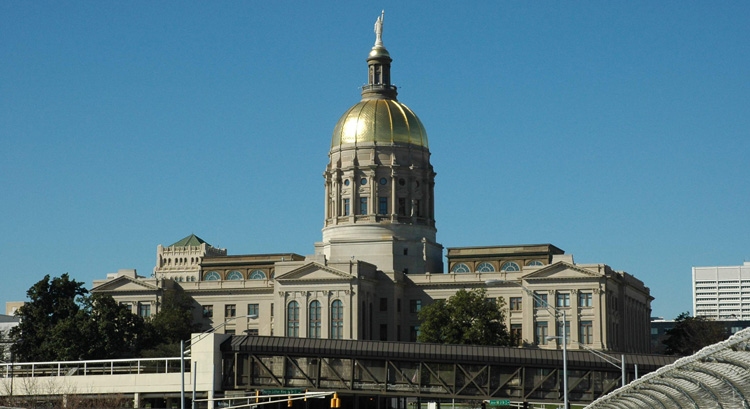It looks as though Georgia residents who wish to gamble will have to continue to do so outside of their state after lawmakers failed to bring the casino legislation to the House floor for vote by a key deadline.
The deadline for a bill to win passage from one of the legislation chambers in order to move on for further consideration in the state Senate, or ‘crossover day,’ was on Monday in Georgia. Thursday’s overwhelming approval by the Regulated Industries Committee for Rep. Ron Stephens’ HR 807 (pdf) seemed to indicate the likelihood that it would make it to the House floor, but the measure never made it, effectively killing the legislation for another year.
The nod by the state House committee last week gave HR 807 a chance to go to the House floor on Friday, but the vote was postponed by Speaker David Ralston who urged lawmakers to discuss the plan with their constituents over the weekend. The move by Ralston appears to have been just a play for time, as he said he would not call the bill that would legalize casinos nor the accompanying constitutional amendment for a vote Monday. Ralston claimed legislators told him that the “faith community felt they had not been heard” and he said “I wanted them to know they had been heard,” according to The Augusta Chronicle.
The legislation would have added the question to this November’s election ballot, asking Georgia voters to amend the state constitution to legalize casinos, and permit the development of up to four in the state, with two in the metro Atlanta area. Compared with earlier proposals, a minimum of 90 percent of the state’s share of casino revenue would have been earmarked for the HOPE education scholarship program and the percentage of revenue paid by casinos in taxes would have increased.
When it was all said and done however, the changes to the proposal weren’t enough to convince opponents, including Governor Nathan Deal. And on Monday, he reiterated that he didn’t believe casinos would “enhance the climate of the state.” Deal added that he was concerned casinos could pull customers from the state-run lottery which funds the scholarship program. In recent years the education program has suffered from chronic underfunding.
The version of the bill that passed on Thursday called for minimum investments of $1.25 billion for one Atlanta-area casino and $750 million for the other, with a $400 million investment for the final two statewide licenses. Major casino operators including Las Vegas Sands and MGM Resorts had expressed serious interest in an Atlanta-area casino, but that doesn’t matter, at least not this year.
Legislators estimate that as much as $250 million dollars in tax revenue would be generated by the casino resorts, in addition to the creation of 10,000 direct jobs.



